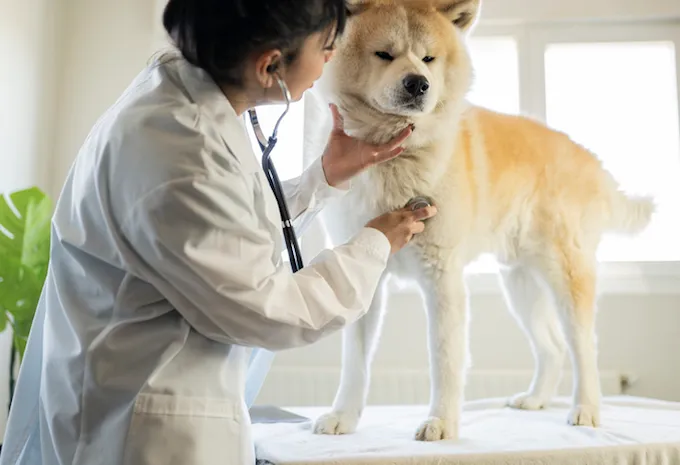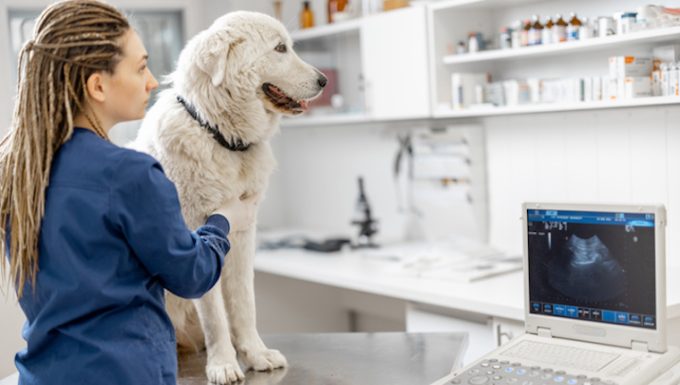Heart tumors in dogs often happens when tumors form in the heart, often from heart tissue. The tumors can be malignant or benign.
Thankfully, the condition is quite rare. Although the condition affects older dogs more than younger pups.
Technically, the condition is also known as myocardial tumors.
If you see the signs of heart tumors in your dog, then get to a veterinarian for a proper diagnosis and treatment.
Here’s what you should know about the symptoms, causes, and treatments for the condition.
Symptoms of Heart Tumors in Dogs
The condition produces a wide range of symptoms. For example, the symptoms will depend on where in the heart the tumor is.
Generally, some of the most common symptoms include:
- Heart murmurs
- Irregular heart beat
- Breathing problems
- Coughing
- Fatigue
- Fainting
- Shying away from exercise
- Loss of appetite
Causes of Heart Tumors in Dogs

The cause of the condition is unfortunately unknown. Technically, that means the condition is idiopathic.
However, middle-aged and older dogs are more likely to develop the condition. Additionally, the following breeds are most predisposed to the condition:
- Golden Retrievers
- German Shepherds
- Labrador Retrievers
Treatments for Heart Tumors in Dogs
Firstly, your vet will ask about your dog’s symptoms. Secondly, your vet will ask about your dog’s full medical history.
Thirdly, a full physical examination will be carried out. Blood and urine tests will also be taken. Additionally, ultrasounds and X-rays can highlight issues with your dog’s heart. A biopsy of tissue samples can also be taken.
Generally, surgery on the tumor is suggested as a treatment. This is a specialized procedure. Additionally, in some cases your vet might recommend chemotherapy.
In some cases, the medication doxorubicin can be prescribed. As always, if your vet prescribes your dog any medicine, make sure to stick to the correct dose and frequency instructions. Also, complete the full course of medicine.
Have you ever cared for a dog who suffered from this condition? How did your vet help your dog recover? Let us know in the comments section below.









